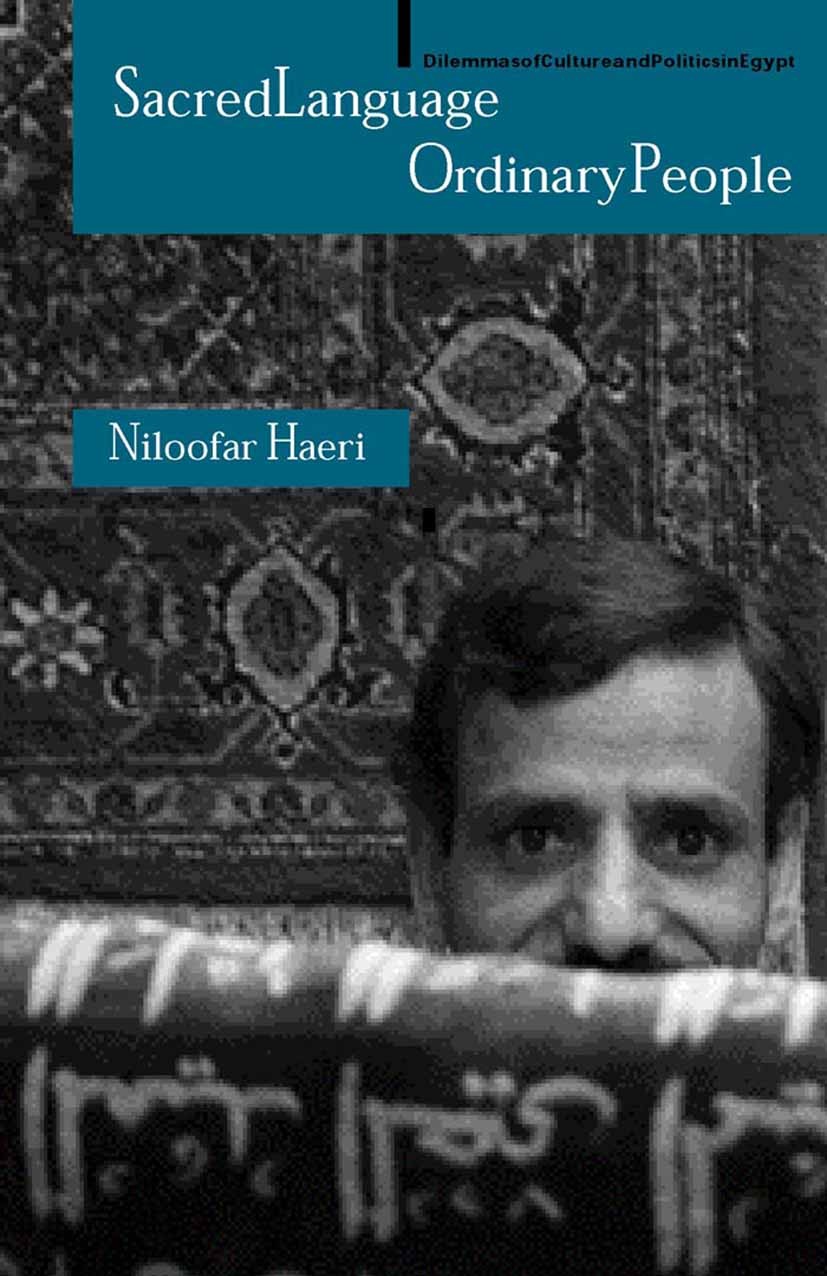| 書(shū)目名稱(chēng) | Sacred Language, Ordinary People | | 副標(biāo)題 | Dilemmas of Culture | | 編輯 | Niloofar Haeri | | 視頻video | http://file.papertrans.cn/861/860443/860443.mp4 | | 圖書(shū)封面 |  | | 描述 | The cultures and politics of nations around the world may be understood (or misunderstood) in any number of ways. For the Arab world, language is the crucial link for a better understanding of both. Classical Arabic is the official language of all Arab states although it is not spoken as a mother tongue by any group of Arabs. As the language of the Qur‘a(chǎn)n, it is also considered to be sacred. For more than a century and a half, writers and institutions have been engaged in struggles to modernize Classical Arabic in order to render it into a language of contemporary life. What have been the achievements and failures of such attempts? Can Classical Arabic be sacred and contemporary at one and the same time? This book attempts to answer such questions through an interpretation of the role that language plays in shaping the relations between culture, politics, and religion in Egypt. | | 出版日期 | Book 2003 | | 關(guān)鍵詞 | culture; language; religion | | 版次 | 1 | | doi | https://doi.org/10.1057/9780230107373 | | isbn_softcover | 978-0-312-23897-1 | | isbn_ebook | 978-0-230-10737-3 | | copyright | Palgrave Macmillan, a division of Nature America Inc. 2003 |
The information of publication is updating

書(shū)目名稱(chēng)Sacred Language, Ordinary People影響因子(影響力)

書(shū)目名稱(chēng)Sacred Language, Ordinary People影響因子(影響力)學(xué)科排名

書(shū)目名稱(chēng)Sacred Language, Ordinary People網(wǎng)絡(luò)公開(kāi)度

書(shū)目名稱(chēng)Sacred Language, Ordinary People網(wǎng)絡(luò)公開(kāi)度學(xué)科排名

書(shū)目名稱(chēng)Sacred Language, Ordinary People被引頻次

書(shū)目名稱(chēng)Sacred Language, Ordinary People被引頻次學(xué)科排名

書(shū)目名稱(chēng)Sacred Language, Ordinary People年度引用

書(shū)目名稱(chēng)Sacred Language, Ordinary People年度引用學(xué)科排名

書(shū)目名稱(chēng)Sacred Language, Ordinary People讀者反饋

書(shū)目名稱(chēng)Sacred Language, Ordinary People讀者反饋學(xué)科排名

|
|
|
 |Archiver|手機(jī)版|小黑屋|
派博傳思國(guó)際
( 京公網(wǎng)安備110108008328)
GMT+8, 2025-10-5 21:30
|Archiver|手機(jī)版|小黑屋|
派博傳思國(guó)際
( 京公網(wǎng)安備110108008328)
GMT+8, 2025-10-5 21:30


